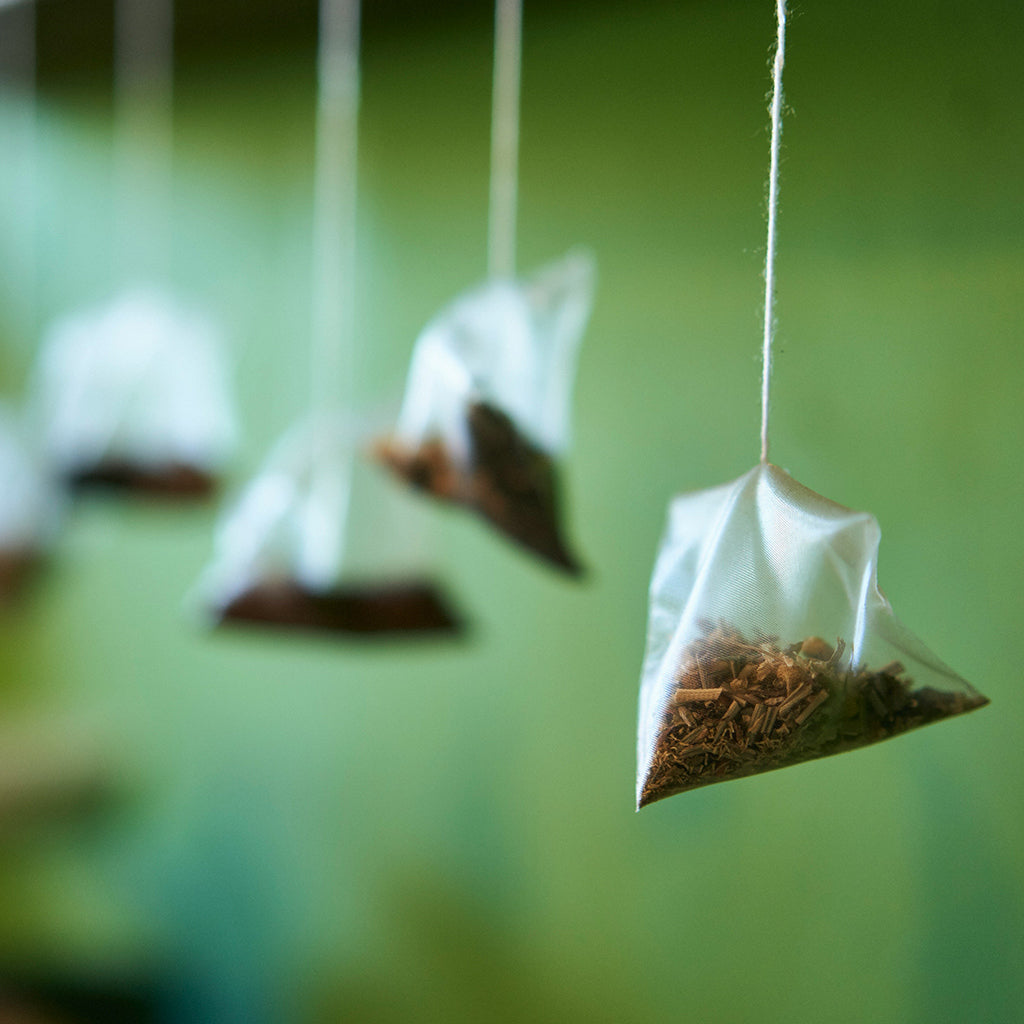Green Teas Caffeine Truth
The Caffeine Conundrum - Unraveling the Myth of Caffeine in Green Tea
Green tea has been celebrated for centuries as a beverage with numerous health benefits, from antioxidants to potential weight loss properties. However, a lingering question persists among tea enthusiasts and health-conscious individuals: Does green tea contain caffeine? Let's delve into the truth behind green tea and its caffeine content to help you make informed decisions about your tea-drinking habits.

The Caffeine Content in Green Tea
Yes, our Classic Green tea does contain caffeine, but in significantly lower quantities than its notorious counterpart, coffee. Caffeine is a natural stimulant that is commonly found in various plant sources, and tea leaves, including those of the Camellia sinensis plant used to produce green tea, are no exception.
On average, an 8-ounce cup of green tea typically contains about 30-50 milligrams of caffeine. In contrast, an 8-ounce cup of coffee may contain anywhere from 95 to 165 milligrams of caffeine. This substantial difference in caffeine levels makes green tea a more moderate and milder choice for those looking to reduce their caffeine intake.
Benefits of Caffeine in Green Tea
While caffeine is often associated with negative effects like jitteriness or difficulty sleeping, it also offers some potential health benefits when consumed in moderation. Green tea's caffeine content can lead to increased alertness, improved focus, and enhanced cognitive function. Moreover, the combination of caffeine and other compounds in green tea, such as L-theanine, can contribute to a calm and focused state without the jitters associated with high-caffeine beverages.
Caffeine and Health Considerations
For some individuals, consuming caffeine can have adverse effects, including increased heart rate, anxiety, and insomnia. If you are particularly sensitive to caffeine or have certain medical conditions, it's essential to monitor your green tea consumption and consult with a healthcare professional if needed.
Moreover, pregnant women and nursing mothers are often advised to limit their caffeine intake, and the same applies to children and teenagers. It's crucial to be mindful of the caffeine content in beverages like green tea to avoid potential health risks associated with excessive consumption.

Green teadoes contain caffeine, but in moderate amounts compared to coffee. The caffeine in green tea offers various potential health benefits when consumed responsibly, contributing to increased focus and cognitive function.
However, it's crucial to be aware of your individual caffeine tolerance and consider decaffeinated options if necessary. As with any dietary choice, moderation is key, and consulting a healthcare professional can provide personalized advice based on your health status and preferences.

So, go ahead and savor the soothing cup of green tea, knowing that it's a delightful and mindful choice that can contribute positively to your overall well-being.




